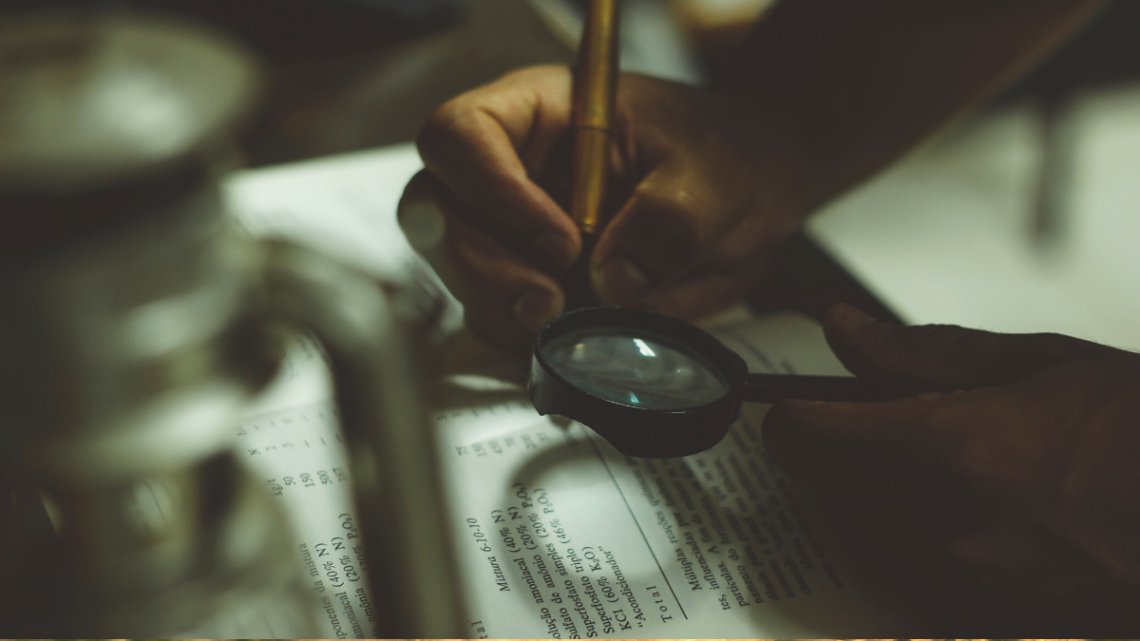
Why Do You Need to Review Your Goals and How to Do It?
We don’t learn from experience… we learn from reflecting on experience.
John Dewey
Progress comes through intentional action that you take toward your life vision and goals. To become better and achieve greater goals you must be willing to do things differently and get out of your comfort zone. Because if you do the norm you will achieve the same results as before. The best way to learn fast and grow consistently is by reviewing your actions and tracking your progress.
The time spent on reflection and revision might seem like a waste and time taken away from chasing your dreams. Instead of thinking you might want to be doing. However, without thinking about and analyzing your actions, how do you know if what you are doing is actually working or if you are chasing the right goal, to start with? Regular revision allows you to evaluate your strategies and determine what works and what does not. It provides you with regular feedback on your strengths and weaknesses, areas you are not paying enough attention to, or things you are not considering.
Why review your goals?
Reviewing your goals and strategies provides you with essential information based on which you can fine-tune your behavior. You can identify what is working, so you can do more of that, and do less of what is not working.
Reviewing can also help you track progress or lack of it. If you can identify the source of distraction or setback, you will be better equipped to address it.
Reviewing your goals can be encouraging. Seeing how far you have come toward your goals, can boost your self-confidence and motivate you to do more.
Reviewing can help you save time. Instead of wasting your time and energy chasing things that are not working or goals that are no longer relevant to your life, you can prioritize things that matter the most.
By regularly reviewing and reminding yourself of your goals, you will start noticing people, events, and opportunities that can help you reach your goals. Most likely these opportunities were always there, but you simply didn’t pay enough attention.
Reviewing your goals is a chance to learn. It is your personal assessment and feedback session. How can you get better, grow, or improve if you are clueless about how well you have done and what is missing?
Revising your vision and goals will ensure that they stay relevant to you. Since your life is vibrant and you constantly evolve, so should your vision.
How to review your goals?
There are different ways in which you can review and revise your goals. Below I share a couple of strategies you can use to incorporate regular revision sessions into your schedule.
Journal your progress
Most likely there are millions of different thoughts and emotions you experience on a daily basis, and it is hard to keep track of them all. Journaling can help you bring clarity of mind by reviewing, recording, and analyzing everything that’s going on in your mind. You can keep track of patterns, improvements, and changes that happen over time. You will be able to notice difficulties that persist and problems that you managed to overcome. Remember, your actions are generally determined by the thoughts you have about them. You can use a journal to record your thoughts and feelings and decide if you want to stick to them or not. It can also serve as a reminder about your goals and why you are pursuing them in the first place.
Schedule review sessions
You can schedule a specific time of the day or week to review your goals and progress towards them. Plan this in advance and reserve time for this on your calendar. You can decide the best time of the day or a favorite place to do it. Maybe you prefer to do this first thing in the morning, or every Sunday evening once your week is over. Depending on your preferences, you might want a quiet place where you can be alone or a lively place with background noise or action. For instance, I love to review my goals sitting in a park or next to the river, or in a coffee shop sipping some flat white. The point here is that it has to be regular and consistent.
Make it frequent
Some people review their goals on a daily basis while others do it only at the end of the year before setting their New Year Resolutions. I am definitely somewhere in between. Daily reviews are a bit too frequent for me, that’s why I am experimenting with weekly reviews. Every Saturday evening, I review my past week by focusing on my achievements, setbacks, what I could have done differently, why haven’t I progressed enough, and collect any other insights that might be useful for me. The goal here is to gather feedback that you can learn from and act upon. I also identify any pending tasks that I could finish before planning my next week. I love it when I can start my new week on a clean slate. So, pick the frequency that works best for you, while making sure it is frequent enough so you can incorporate your learnings and change your approach, if necessary.
Review with your support group
If you like sharing and discussing your goals with others, consider having a review session with your accountability partner or support group, who might be someone from your family and friends. When you discuss it with someone you love or trust, you feel the urge, to be honest, and to verbalize everything so the other person can understand. You can put into words what you think and feel, which is sometimes hard to do when you are by yourself. Most likely, your accountability partner will also ask questions or share feedback that you might have not considered. And, since these people have your best interests in mind, they will make sure this process is helpful to you. They can provide encouragement and support to help you stay on track and accountable to your goals.
Choose a system
There are many different ways you can record and review your goals. You can use a journal, calendar, or excel file for this purpose. The tool does not matter, as long as you record your goals and don’t let them sit in your head. Choose an existing system or create your own, where you can keep track of your goals. Don’t make it too sophisticated and detailed because after a while you might lose interest in using it. Create something simple, something that works for you since you don’t have to share it with anyone else. I personally use an excel file where I have my 5-year goals and the breakdown of major yearly goals. Then, for the given year I plan in a bit more detail and record my monthly objectives in my calendar. This way I can be regularly reminded of my priorities and easily review my progress before switching to the next month.
Revise your goals
Another part of the revision process is to ask yourself if your vision and goals are still relevant to you. Things happen, we meet new people, access new information or learn something new that might alter our priorities. Change is natural and it is good for you. But don’t change your goals for the sake of changing them or simply because you don’t want to put in the necessary work. Unless you take action, nothing will happen. There is no shortcut to success. Therefore, it might be a good idea to revise your goals during your monthly, quarterly, or yearly review. This way you avoid changing your goals too often and spend enough time experimenting if the given goal works for you.
Personal development is a continuous cycle where you should regularly reflect, envision, plan, commit, and review your goals and actions to make sure you are growing into the person you want to be.
This post is part of the 5-Step Guide to Personal Development blog series.
How often do you review your goals? Do you ever revise your goals? If yes, how often?
You May Also Like

How Self-Reflection Helps You to Know and Grow Yourself?
April 27, 2020
Why Does Goal Setting Fail?
April 28, 2020

